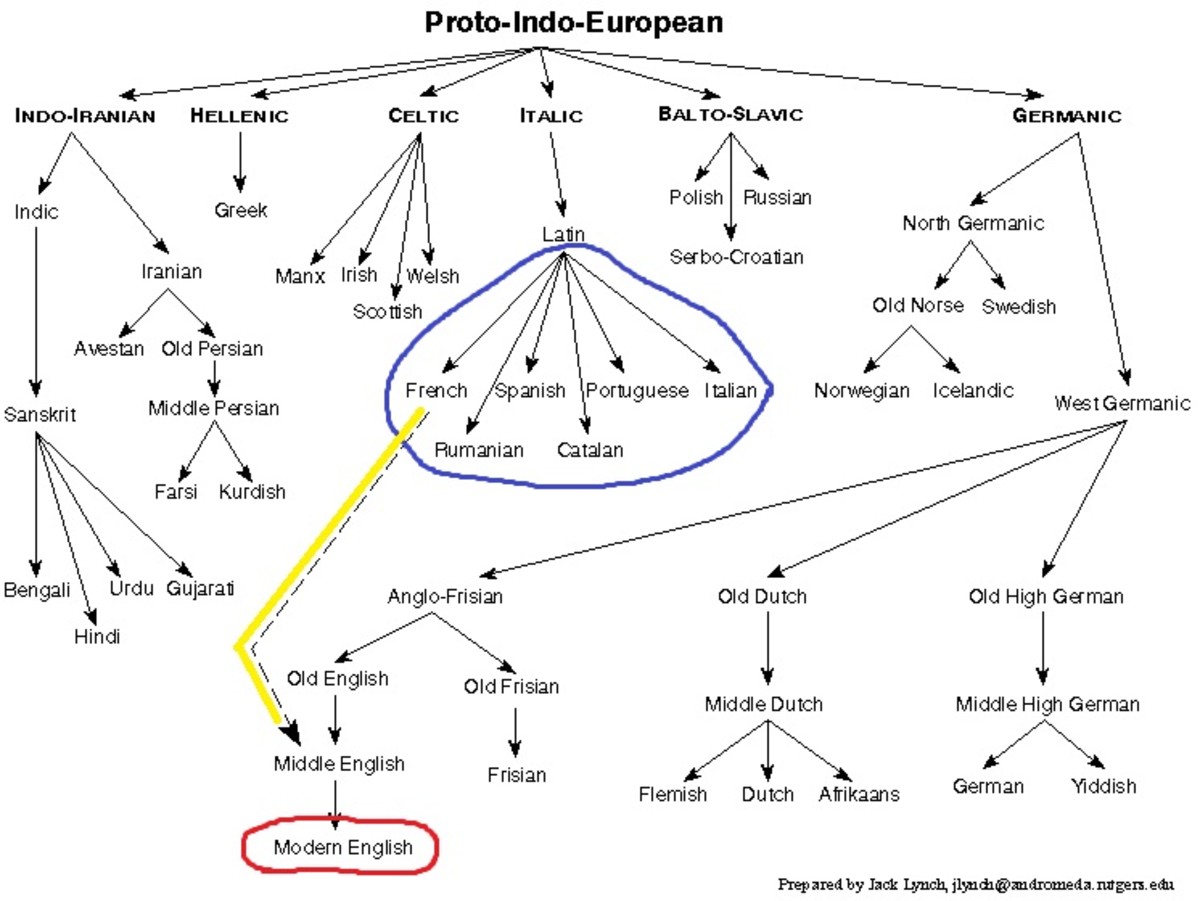Why is English the Dominant world Language?
I know. Some will argue that Spanish is the dominant language. I mean, most of North and South America is Spanish and there are other areas where Spanish is. But, it is NOT considered the world's business language. What I mean by this is that in most parts of the world there is a tendency to default to English if not all participants (say, at a meeting) speak the more local language, this is 100% true if the company is American or British in a foreign country. Of course, smaller, less international companies, this would not be the case. Even so, English is often taught in Europe and elsewhere as a mandatory second language or as an elective and most students choose it.
Even in Islamic countries, such as Iran, despite the rhetoric, students must take English in school. Some are quite bothered by this English dominance for a variety of reasons, most are simply biases based on nationalism. For instance, a friend told me that when he had flown to Germany to meet with engineers in a German IT company, at the opening of the meeting, which began in German, my friend advised them he did not speak German. He ascertained that by some of the expressions on the faces, some were unhappy about this, the leader of the meeting said the discussion will be done in English. One comment was, "Why English?, this is Germany". There was a nationalistic pride about it. Naturally, the meeting went on and everyone present spoke well in English.
The "why" question does arise many times in various countries when confronted with English. But there is a reason why Americans, maybe Brits also, do not learn foreign languages. Outsiders may think it is because Americans think they are superior and others must learn English, not the other way around when in a other countries.
Unlike in Europe and other areas, the USA, has only one non-English nation bordering it-Mexico, which speaks Spanish. Canada is English. There are two vast oceans isolating it from other continents. Europe on the other hand is a polyglot of nations with different customs, languages and all are so much smaller than the USA geographically. That is why when Americans go there, the impression is everything is smaller or condensed. When Europeans come to the USA, the opposite impression occurs-vast areas, everything is spread out (which explains why railroads are obsolete in a way).
But the main reason is the difference in education systems and what is offered. Foreign languages in the US are not offered in public schools until 6th or 7th grades and it does vary a lot. Usually, the only two languages ever offered are Spanish or French. Since there are so Spanish speakers in the southern, southwest and west parts of the USA, most will choose Spanish because where would you speak French? German? Russian? Latin? These are not offered, only when one gets into high school are they offered sometimes. Contrast to most schools outside the USA, most offer or mandate 1 or 2 years of English, starting in 5th grade or later.
But why?
It is because English speaking countries have been the dominant partners in business. The whole IT world speaks English to some extent because it began in the US and exported. IT terms are seldom translated into a native language, when exported, English terms are used. You might explain it in a native language, but the term or word remains in English. Of course, other industries also have made the case why English should be learned as a second language in order to do business and this has caused schools to promote it. The Chinese learn English because of international business.
But, one can understand why there is a nationalistic backlash to Americans or Brits abroad. Most of them do not speak the native language and then expect the locals to speak English. I mean, doesn't everyone speak some English? In a sense, that has made the problem worse because many Americans feel no need to learn a foreign language because most under age 30 or so, probably speak some English. Many non-Americans think they are catering to the English language and have the position that if you come to my country, learn some of the language and are offended if you do not (the French come to mine!).
Now, many Americans are bilingual because they want to be. But, overall, Americans are not forced to be so in school. The need is not great because the country is large and comprised of English speakers from one state to another.








